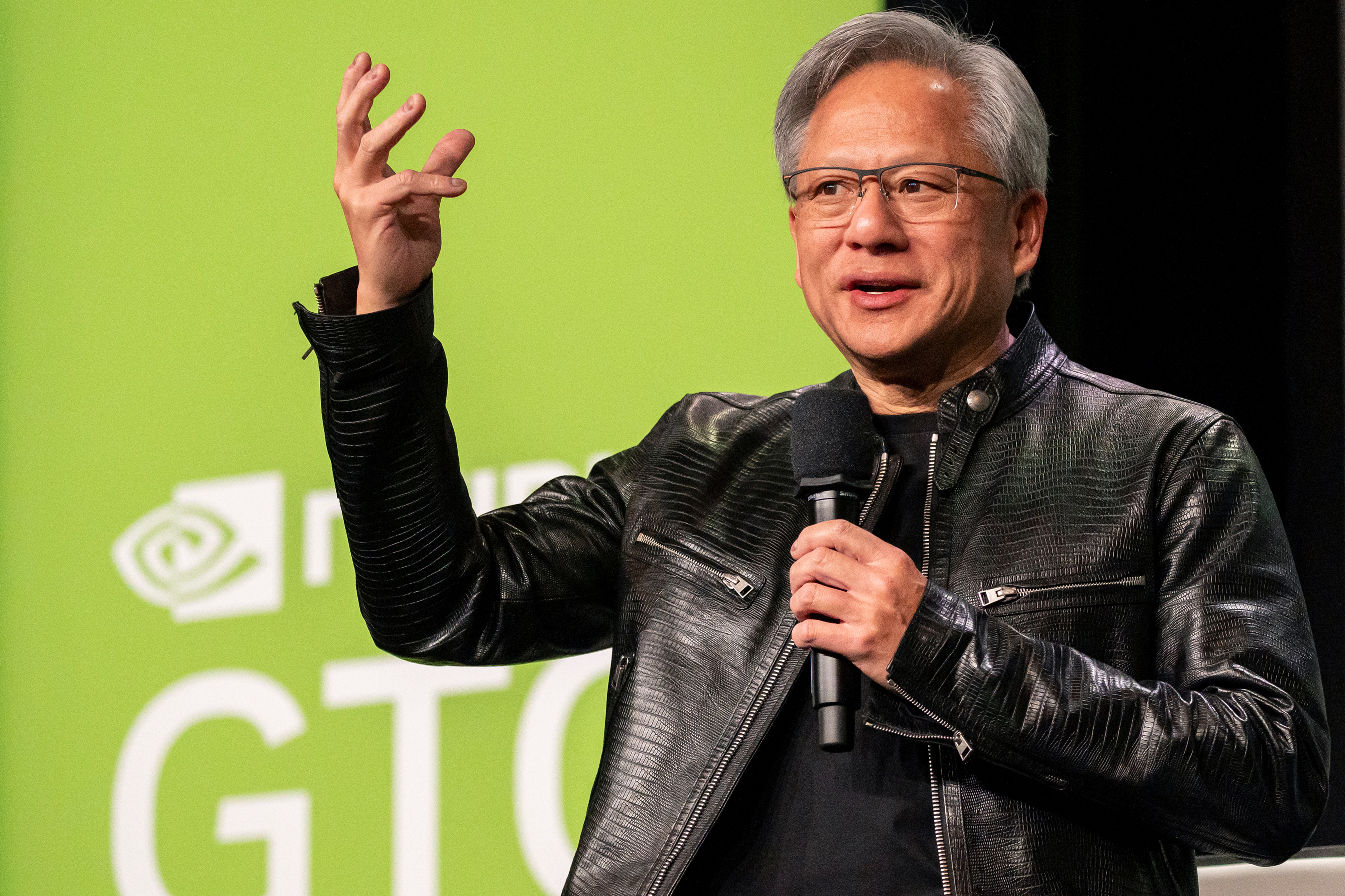5 things Rocksteady could learn from Gotham Knight's shortcomings
Take notes, Rocksteady
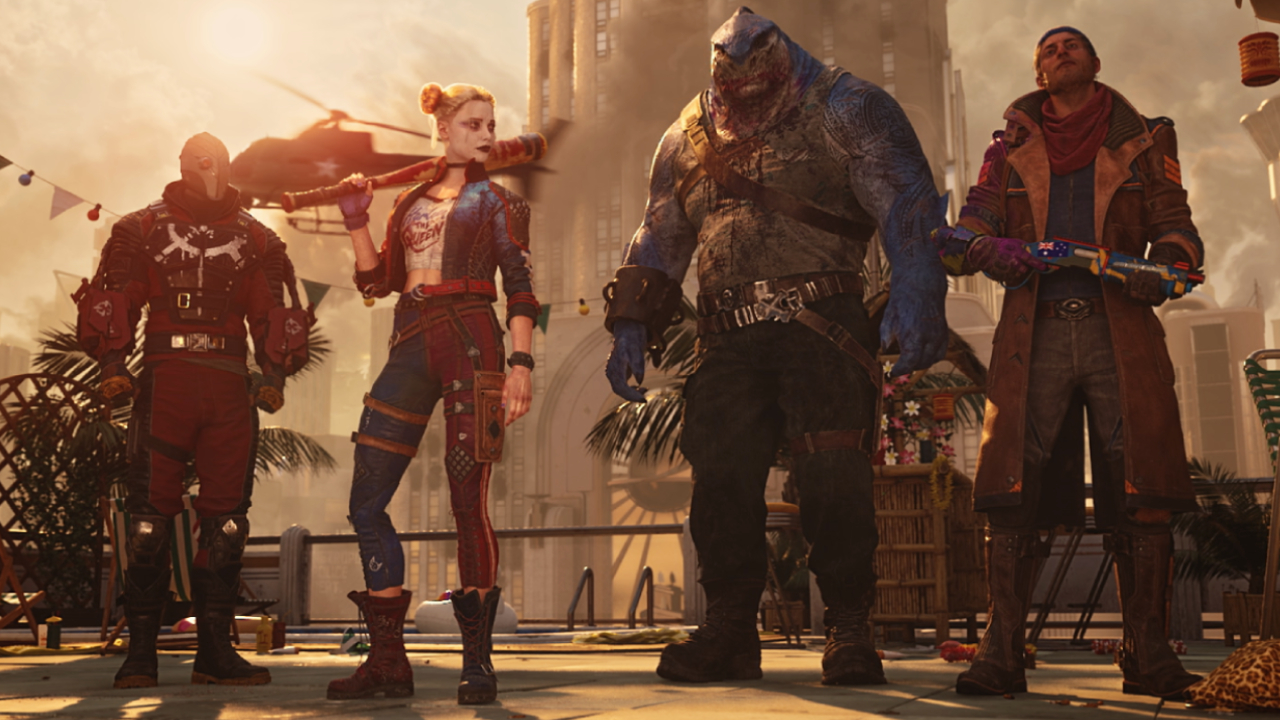
Gotham Knights launched this week to less-than-favorable critical reception. We gave it a 2.5 out of 5 stars in our review and were disappointed by its lackluster narrative, shallow combat, and repetitive open world. Critics were similarly down on it, with the game receiving a 69 out of 100 and 70 out of 100 on Metacritic and Opencritic, respectively.
Although it’s easy to lambast the game, it’s a shame that it didn’t match our expectations. I really do hope WB Games Montréal knocks it out of the park with its next title, but for now, there’s a more immediate future to be concerned about.
Rocksteady’s Suicide Squad: Kill the Justice League shares a surprising number of things in common with Gotham Knights. First and foremost, they’re both co-op experiences focused on a cast of four playable characters from the DC universe. Suicide Squad is definitely upping the ante by having Harley Quinn, King Shark, Captain Boomerang and Deadshot take on the entire Justice League, but beyond the drastically different narratives, there could be plenty of mechanical similarities.
Now that we’ve seen Gotham Knights miss the mark, I can only hope Rocksteady takes note of some of the game’s mistakes and avoids them in its upcoming Suicide Squad game.
You don't need looter systems
It’s popular to shoehorn an exacerbating amount of loot into some of the biggest AAA games. Borderlands was responsible for popularizing this, but it’s also one of the few games to do it well. Many have tried to follow in its footsteps and it results in “tons of variety” becoming watered down by a power indicator. Rather than be allowed to build their character out consciously, this system invites the player to just equip the thing with the highest number. It’s quietly one of the most linear progression systems in the medium.
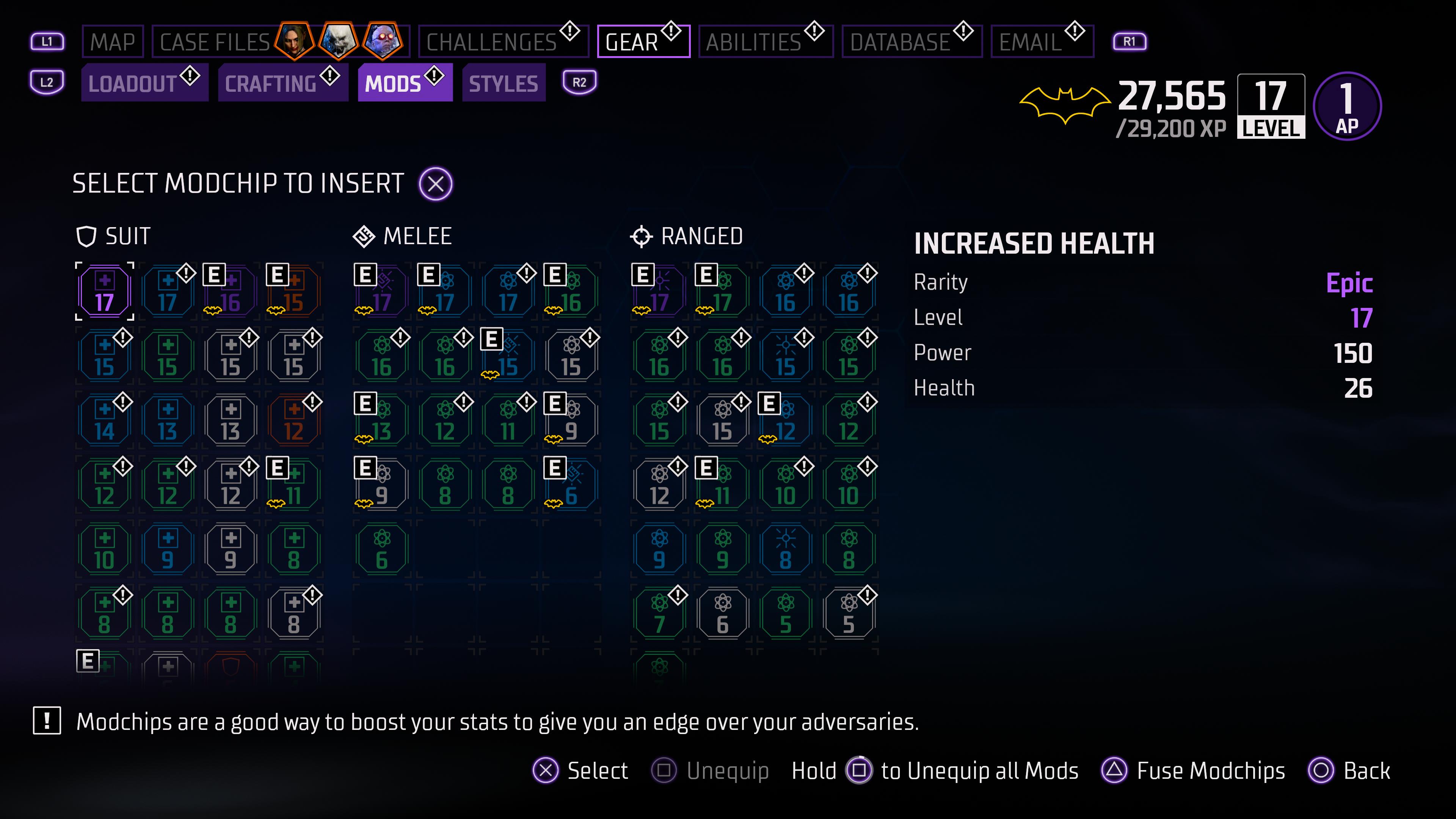
Gotham Knights had this same problem. It boasted 15 currencies and by the end of the game, the player would have a hundred mods and dozens of suits and weapons. It had no meaning, though, especially due to the game’s lack of difficulty and unclear method of scaling the world based on your power.
Suicide Squad: Kill the Justice League should avoid this pitfall entirely. It might be tempting to turn it into a looter, especially since it’s a four-player cooperative shooter, but giving every weapon and piece of gear a distinct purpose will make progression more impactful. I don’t want everyone I kill to drop a bunch of glowy spheres; unlocking something new should feel momentous and exciting.
Stay in the know with Laptop Mag
Get our in-depth reviews, helpful tips, great deals, and the biggest news stories delivered to your inbox.
We need a performance mode
This should be a no-brainer for Rocksteady, but who knows. Gotham Knights launched without graphical options on PS5 and it was capped at 30 frames per second. Plenty of moments had that framerate dip even below 30 fps, especially when co-op partners were riding their Batcycles or were completing objectives on opposite sides of the city at the same time.
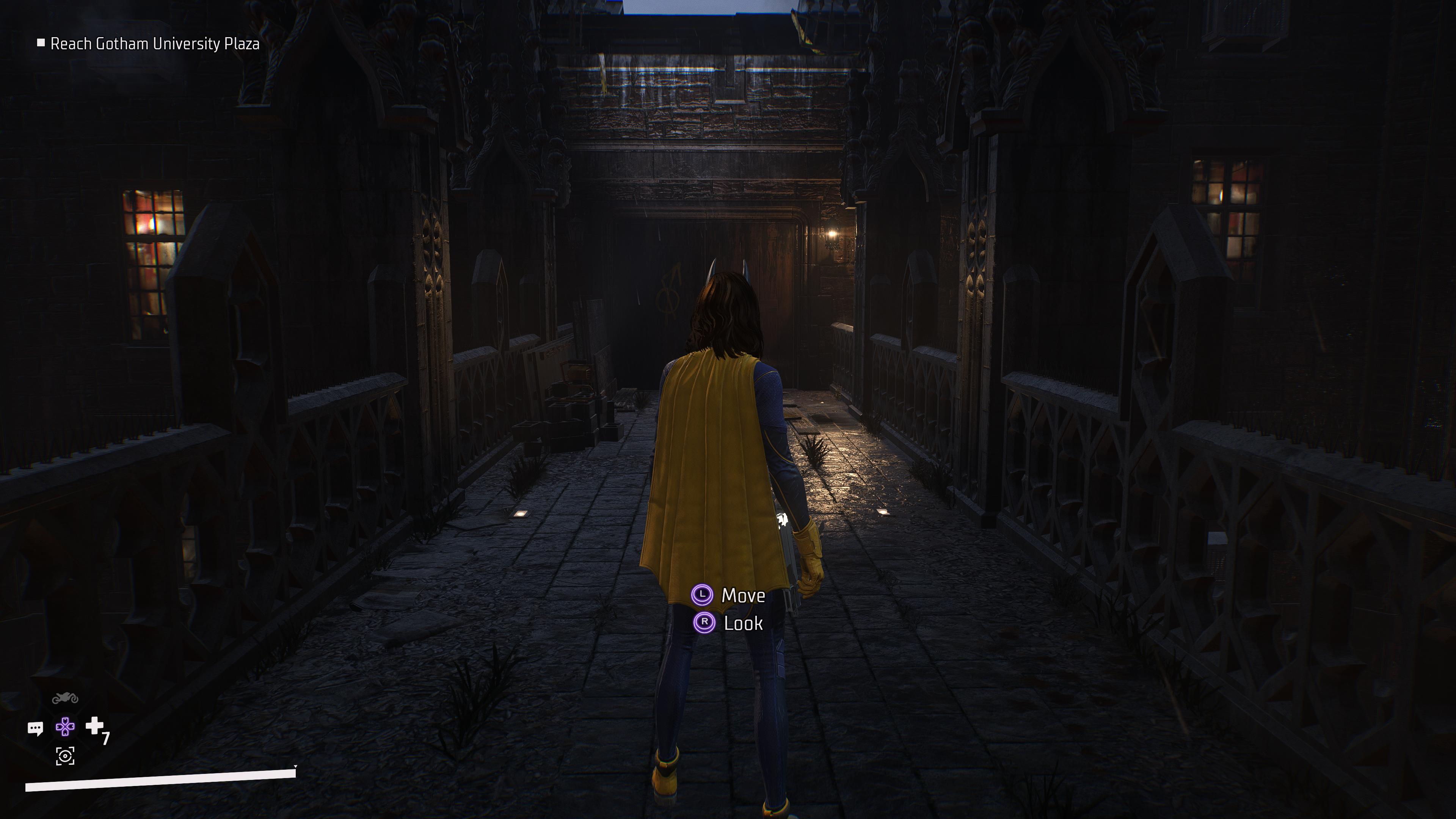
Suicide Squad: Kill the Justice League needs an option that runs at 60 fps on PS5. Even if sacrifices need to be made in graphical quality to get that option to work, it’s immensely important to give players this choice.
The whole squad should be involved
Gotham Knights features four main characters, but they only interact while in the Belfry Tower. When out in the open world or in cutscenes elsewhere, only one character appears (usually whoever the host is playing) even if you’re in co-op. I played Batgirl and was alongside Red Hood, but only ever saw Batgirl in cutscenes, and the two rarely interacted.
Suicide Squad shouldn’t make the same mistake. The entire group does not need to be in every cutscene, especially if they’re separated or have their own things going on, but there should be a general feeling that the squad is acting together. I also expect to hear interpersonal banter while just casually playing, similar to how Square Enix’s Guardians of the Galaxy handled it, having the colorful cast never stop talking to one another.
Bullet sponges aren't fun
After examining Suicide Squad’s gameplay trailer, it seems like this won’t be an issue.But it’s worth pointing out anyway: Enemies taking 50 hits before they die is not fun. Keeping players stuck on a single foe for such a long period of time is exhausting, and it’s especially frustrating during boss fights.

Bosses in Gotham Knights have an unbearable amount of health, although that wouldn’t be such an issue if the combat wasn’t as shallow as it is. There’s little to no difference in intensity if they were faster to kill, since there’s not much of a risk of failure to begin with.
Suicide Squad should steer clear of that. Important bosses and certain powerful enemies that require the whole group to coordinate against are absolutely welcome, but it would be frustrating if every enemy was designed this way. Finding the correct balance is important.
Quality over quantity
Open-world games sometimes lose themselves striving for an enormous scale. To reach those desired heights, structured content is forced in places they shouldn’t be, rather than keeping the player engaged in something fresh and exciting. Even the best open-world game ever, Elden Ring, has ruins and mini-dungeons boasting minimal variety.
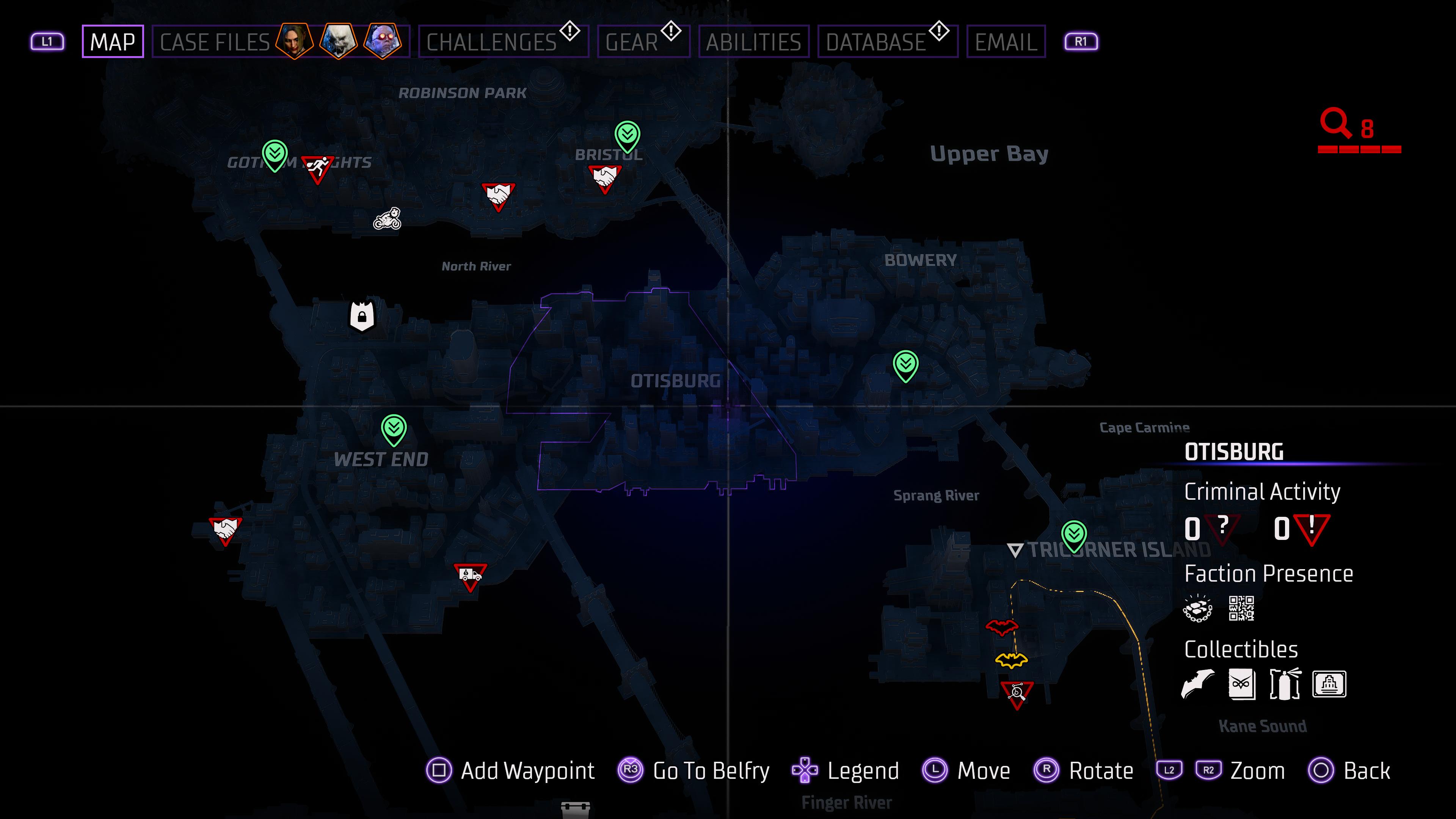
In Gotham Knights, there’s only one thing to do in the open-world and it’s not remotely diversified: go to a location, stop a crime, and move on. You can grab collectibles and do a few movement challenges, but as far as the core gameplay goes, these rehashed objectives are given a staggering priority. If you’ve done a few, you’ve pretty much done them all. You sometimes begin a mission in the open-world, but most case file missions start back at base, which makes it feel even more redundant.
Suicide Squad needs to seamlessly weave fun activities into the open-world, and they can’t just be rehashed. I want to witness unique side-arcs, new enemy types, and maybe even iconic villains just by exploring and interacting with the environments.

Self-described art critic and unabashedly pretentious, Claire finds joy in impassioned ramblings about her closeness to video games. She has a bachelor’s degree in Journalism & Media Studies from Brooklyn College and five years of experience in entertainment journalism. Claire is a stalwart defender of the importance found in subjectivity and spends most days overwhelmed with excitement for the past, present and future of gaming. When she isn't writing or playing Dark Souls, she can be found eating chicken fettuccine alfredo and watching anime.

